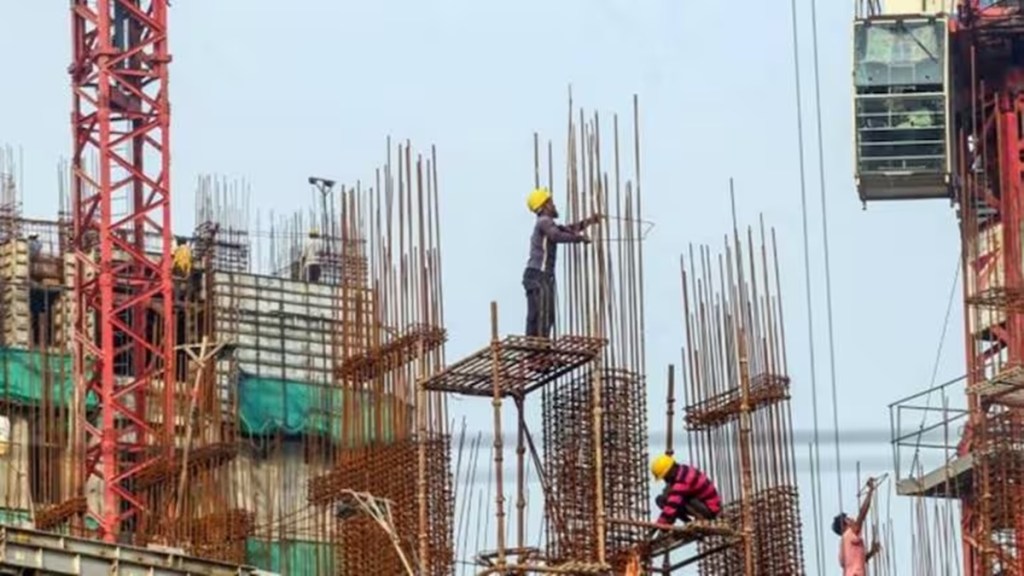Assam Chief Minister Himanta Biswa Sarma has launched a series of infrastructure projects in the Baksa district within the Bodoland Territorial Region (BTR). This region is predominantly inhabited by the Bodo tribal community and comprises four districts – Baksa, Chirang, Kokrajhar, and Udalguri.
In his address, Chief Minister Sarma emphasized the state government’s commitment to BTR’s development, stating that these initiatives would address the region’s hopes and aspirations.
Foundation Stone for District Sports Complex
Sarma laid the foundation stone for a District Sports Complex in Mushalpur, Baksa, with an estimated cost of Rs 43 crore. The complex will feature synthetic athletic tracks, a multipurpose indoor stadium, and an Olympic-size swimming pool.
The Chief Minister highlighted that the completion of the sports complex would significantly contribute to the growth, development, and peace that BTR has been experiencing in recent years.
Financial Grants for Infrastructure Projects
Sarma announced financial grants of Rs 25 crore for the construction of a new Baksa District Commissioner’s Office and an additional Rs 5 crore for a new Circuit House. Moreover, Rs 500 crore is expected to be approved soon for the improvement of road infrastructure in BTR.
Inauguration of New Bridge
The Chief Minister inaugurated a newly constructed bridge on the Barama-Dhamdhama-Tamulpur Road in the Tamulpur district. This bridge, spanning River Pagladiya, connects Tamulpur directly with Baksa, benefiting at least 25,000 people by providing much-needed connectivity between the two districts.
Enhancing BTR’s Connectivity
Sarma highlighted the significance of the new bridge in improving connectivity within BTR, making transportation between Tamulpur and Baksa more convenient while reducing travel time and distance.
BTR’s Administrative Framework
Assam‘s Bodoland Territorial Region (BTR) is administered by an elected body known as the Bodoland Territorial Council. Its establishment was facilitated by a peace agreement signed in February 2003, and its autonomy was further extended through an agreement in January 2020.
(With PTI Inputs)
